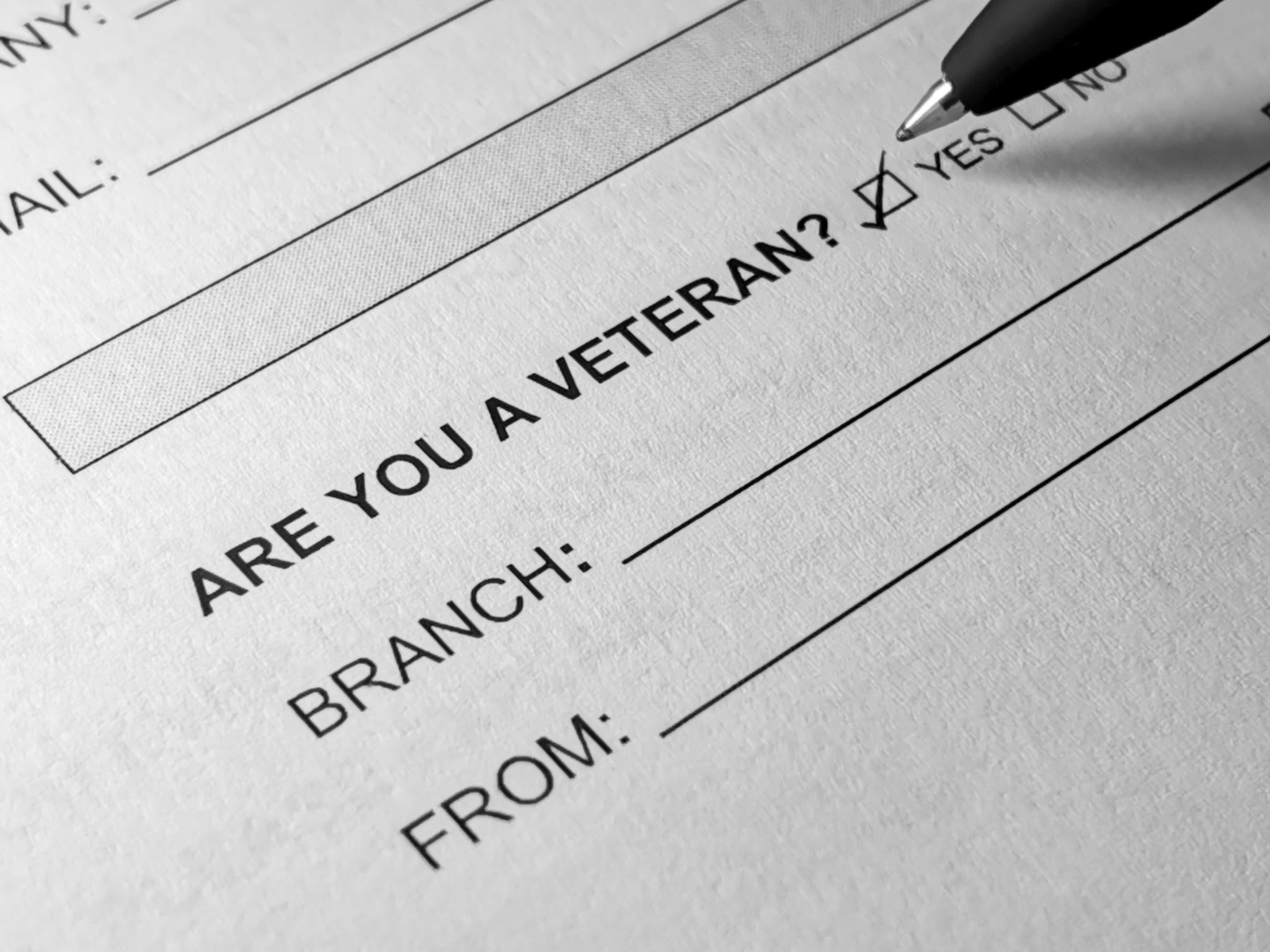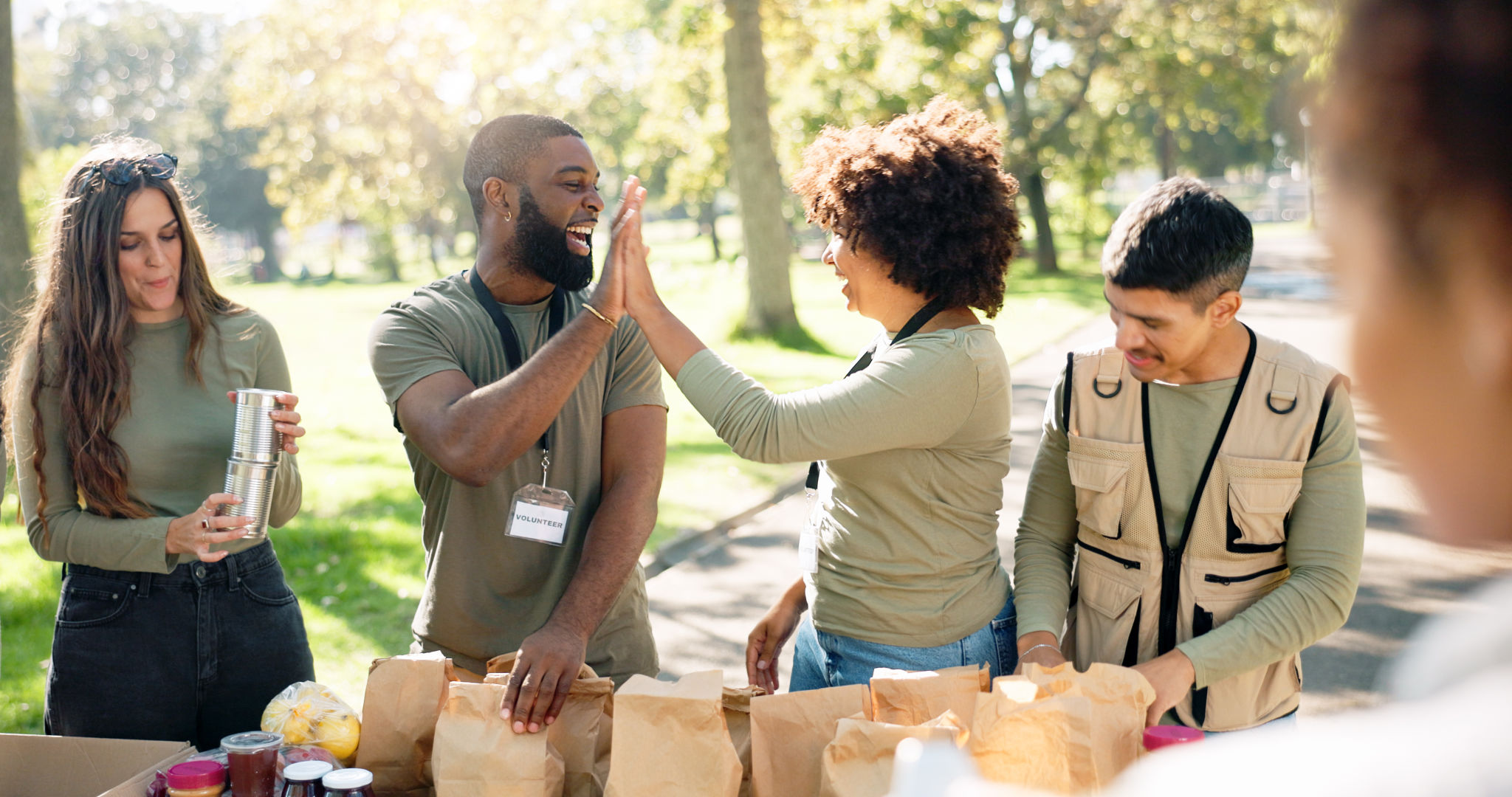The Importance of Community Outreach in Supporting Displaced Veterans
Understanding the Challenges Faced by Displaced Veterans
Displaced veterans often face a myriad of challenges upon returning to civilian life. These challenges can include finding stable housing, securing employment, and accessing necessary healthcare services. The transition from military to civilian life is complex, and without adequate support, many veterans struggle to reintegrate into society effectively.
Community outreach plays a crucial role in addressing these challenges. By providing targeted support and resources, communities can help bridge the gap and offer displaced veterans a chance at a stable and fulfilling life.

How Community Outreach Makes a Difference
Community outreach initiatives are vital in offering support to displaced veterans. These programs can provide a range of services, including job training, mental health counseling, and housing assistance. By connecting veterans with local resources, community outreach initiatives help them build new skills and regain their independence.
Moreover, community outreach fosters a sense of belonging and support among veterans. Being part of a community that understands and values their unique experiences can significantly enhance their emotional well-being and motivation to succeed.
Providing Employment Opportunities
One of the most critical aspects of community outreach is helping veterans find meaningful employment. Many organizations partner with local businesses to offer job fairs and training programs specifically tailored for veterans. These initiatives not only provide veterans with valuable skills but also help them connect with potential employers who appreciate their background and expertise.

Addressing Mental Health Needs
Mental health is a significant concern for many displaced veterans. Community outreach programs often include access to mental health services, providing veterans with the support they need to cope with trauma, anxiety, and depression. Offering counseling services in a familiar and supportive environment encourages veterans to seek help without fear of stigma.
By prioritizing mental health, communities can help veterans achieve greater stability and resilience, enabling them to lead more fulfilling lives.
The Role of Volunteers in Community Outreach
Volunteers are the backbone of many successful community outreach programs. Their dedication and compassion make a significant impact on the lives of displaced veterans. Volunteers can assist in various ways, from organizing events to providing one-on-one support and mentorship.

Engaging with volunteers not only enhances the effectiveness of outreach programs but also strengthens the bond between veterans and the community. Through these interactions, veterans often find renewed hope and motivation.
Building Stronger Communities
Community outreach initiatives benefit not only displaced veterans but also the community as a whole. By supporting veterans, communities foster a culture of empathy, understanding, and solidarity. This creates a more inclusive environment where everyone has the opportunity to thrive.
The collaborative effort involved in community outreach strengthens social ties and promotes civic engagement, making communities more resilient and better equipped to face future challenges.
Getting Involved: How You Can Help
There are numerous ways individuals can contribute to supporting displaced veterans through community outreach. Whether it's volunteering time, donating resources, or advocating for veteran-friendly policies, every effort counts.
- Join local veteran support organizations.
- Participate in fundraising events.
- Offer professional skills for job training programs.
- Spread awareness about the needs of displaced veterans.
By taking action, each person can make a meaningful difference in the lives of those who have served our country.
